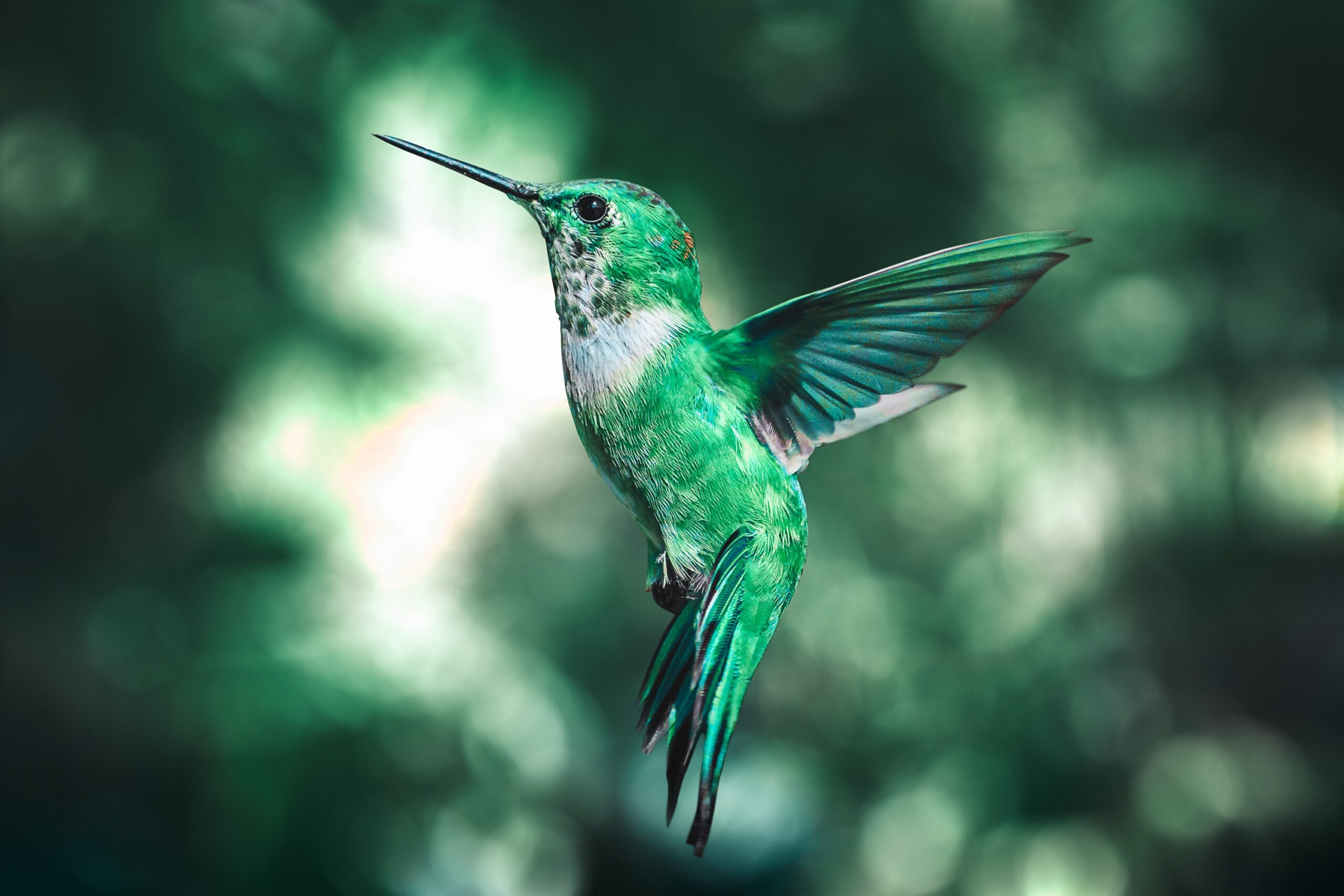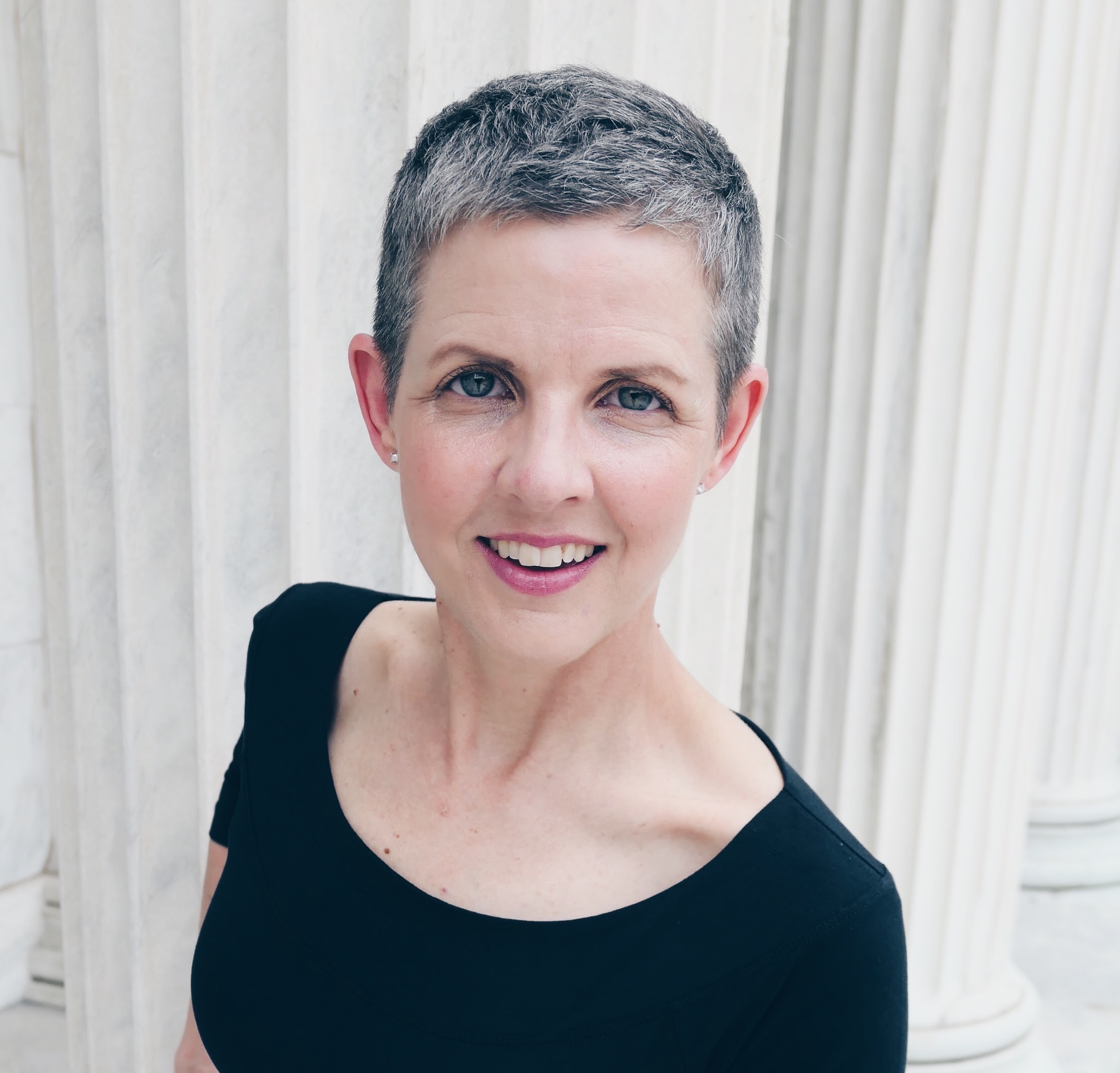What if a humble question mark could change your day?
Much of life’s dialogue is built on statements. We’re all familiar with them: My day was good. I feel fine. It’s time for dinner. Stepping back and pressing pause on the constant stream of declarations – given and received – allows us to consider the vast potential that lies in its counterpart – the unassuming question.
Questions, specifically powerful questions, are a coach’s treasured tool. And they are universally germane to the human experience. They delve into the unknown, planting the seeds of discovery. They invite us to break from all the doing to think, reflect, and consider. In the process, we harness our creative ability, broaden our perspective, and increase the terrain of possibility. Ultimately, questions lead us to answers that we believe in and motivate us to act.
In The Book of Beautiful Questions, Warren Berger writes that a question can be like a flashlight in a dark room. The better the question, the more light it casts. A question can illuminate the previously unknown, bringing it firmly into the light of our awareness. And, importantly, conscious awareness gives us the opportunity for choice and change. So, beyond lighting the room, a question holds the potential of opening doors that did not exist before.
So, what makes a powerful question?
Powerful questions are open, requiring more than a yes or no answer. Generally, they are simple (E.g., What would that mean?). They do not lead, and they do not presuppose an answer. However, they do presume our capacity to know. Most significantly, powerful questions are high in impact: they cause us to think and think differently. They help us move beyond our current biases, creative blocks, and emotional reactions and expand toward a new understanding.
Each of us can sow the seeds of discovery, awareness, and choice through powerful questioning. With an openness to what arises, it may even change our day.

Here are three questions to ask yourself today.
What matters most?
Answers to this question can differ vastly, but most of us will find that our days are actually filled with what is not important to us. While life responsibilities are not inherently good or bad, asking this question will orient you to what really matters to you at this time. Then you can consider: What makes this important? How is what matters to me reflected in my schedule? How is what I am giving my time and energy aligned with what’s important to me? What changes are possible?
If I’m saying “yes” to this, to what am I saying “no”?
This question highlights trade-offs – the exchange of one thing for another. Trade-offs are an inherent part of life, and we all make them daily – consciously or not. Being mindful about choice requires seeing the full landscape of what we want to do and what we don’t. Greg McKeown, author of Essentialism, suggests rather than thinking I can do it all, asking What trade-off do I want to make? Similarly, rather than asking What do I have to give up?, you can ask What can I go big on? Then feel the difference.
What is one small step I can take right now?
This Kaizen-inspired question can help us commit to our choices with successful action. Kaizen, a Japanese term interpreted as “continuous improvement,” is about taking small steps to dispel fear of change and stimulate rational thought and creative play. This question suggests that we have the capacity to act in the moment and that we have options. To broaden your line of thinking, you can also ask What haven’t I considered that might have an impact? And, ultimately, we want to know: How will these options move me toward what really matters?
Asking the right questions sets us on the path to thoughtful answers. So, what’s really in a question? A meaningful path forward and the possibility of a better day.


0 Comments